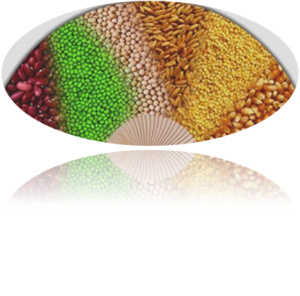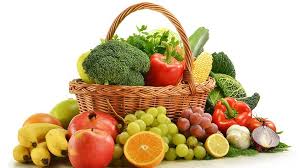5 Key Points That Can Help You Maintain Good Health In The Winters
What we think of when someone mentions winter? Chapped lips, heavy, itchy woolen clothes and cracked heels? Winter is all of this. During this time, people feel hungrier. The onset of winter makes us crave for foods which have an extra dash of fat and are spicy. Unfortunately, comfort foods can be quite fattening, and the added unwillingness to exercise in cold weather means most people put on weight in winter.
As the temperature continues to drop down, so does our energy level. Over a period of time when exposed to freezing temperatures, metabolism slows down to conserve heat and energy.
So how to boost immunity during winter? Immunity-boosting foods are those that are pure, fresh, organic, wholesome and easy to digest. These include fresh vegetables and fruits/dry fruits, whole grains/legumes, dairy products, nuts/oilseeds and ghee. Besides these, some spices also have anti-microbial properties that protect us from colds and infections. They also act to increase cellular metabolic functions and digestive enzymes, and ensure complete assimilation of nutrients.
5 key points to remember:-

- Switch to wholesome wholegrain varieties which will help maintain a healthy weight and keep you full for longer, as they are rich in fiber and maintain your blood-sugar levels. Nutritious wholegrain choices include whole oats, whole grain pasta, quinoa, brown rice, buckwheat and grainy breads.
- Avoid foods that include cream, butter and cheese –as they are rich in saturated fats and are high on calories. Instead, go for dishes made with antioxidant-rich tomato or vegetable-based sauces.

- Water is most neglected nutrient in winter. The dry, cold air draws water away from the body. Sip water at regular intervals throughout the day. Try to drink at least two litres a day.
- One of the best ways to maintain a healthy weight is to eat good-quality,low-fat protein at each meal. Protein foods have a low GI and help to stabilize blood-sugar levels, which in turn prevent snacking on sugary carbohydrate food and will help curb sugar cravings. Some healthy protein choices include nuts, legumes, seeds, eggs, lean meat, chicken, fish, low-fat dairy and soy products. Protein foods also help to create a feeling of fullness, preventing from overeating.

- At least half of the diet should be made up of fresh vegetables and fruits (including legumes). Fruits and vegetables are an excellent source of important vitamins and minerals including vitamins A and C, iron, folate and calcium. Red, orange and purple varieties are particularly high in antioxidants.
Free Consultation with Top : Nutritionist Near Me
” Sticking to a healthy diet won’t prevent from picking up winter illnesses, but can help maintain your immune system to protect you. A nutritious diet can help speed up your recovery, if you fall ill.”

